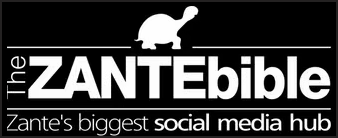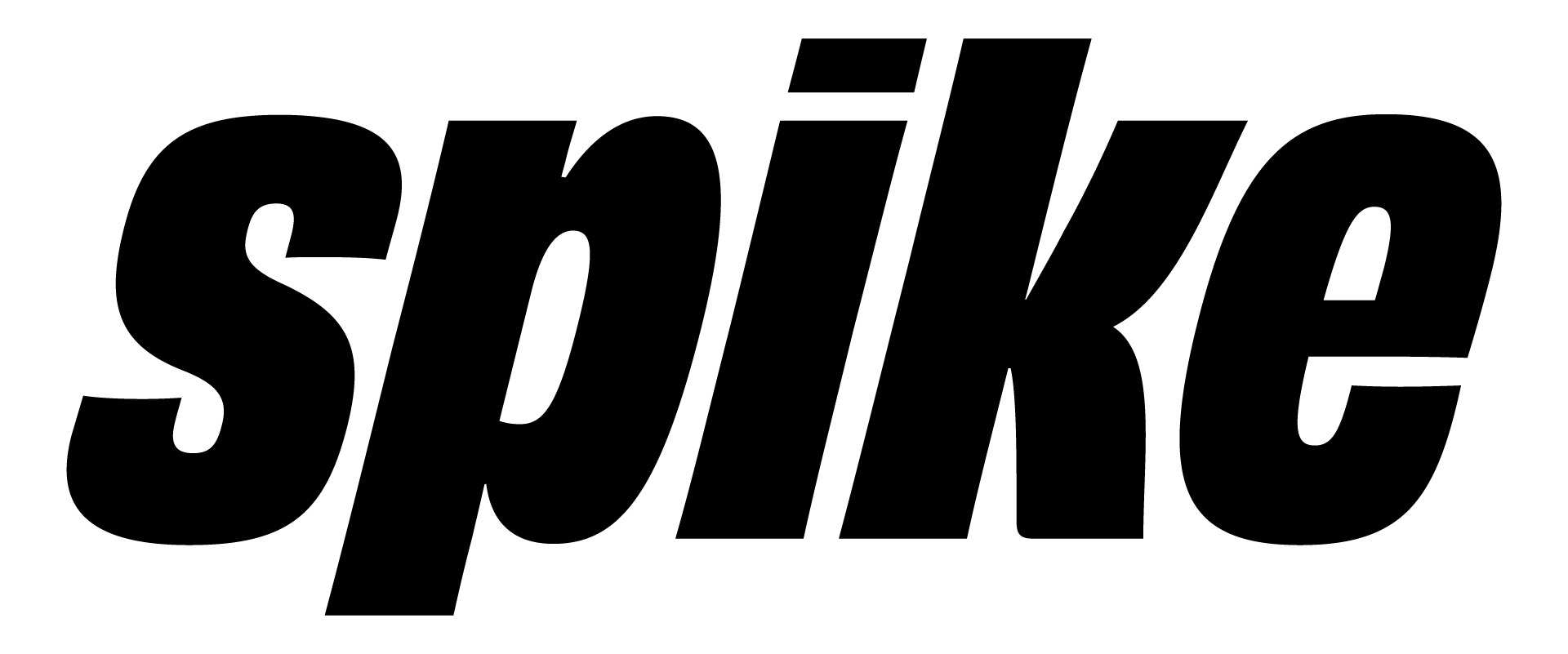The memory of Facebook's painful stock market debut a year ago today is at last beginning to fade. Not for investors who bought at the opening price of $38 – their shares are still trading 70% below that – but by other measures the world's largest social network has made seemingly unstoppable progress.
In October, founder Mark Zuckerberg announced in a status update on his Facebook page that the site had reached 1 billion monthly active users. The business will make $6.6bn this year, up from $5.1bn in 2012, according to research firm eMarketer. And the crucial transition from desk and laptop computers to mobile appears to be going to plan; after Google, Facebook is now the second-biggest mobile advertising publisher.
So was it simply sour grapes that led Rupert Murdoch to suggest yesterday that Facebook could follow Myspace into social oblivion? The media mogul bought Myspace in 2005 for $580m, but its users melted away as Facebook's popularity grew, forcing a selloff at the bargain price of $35m six years later.
"Look out Facebook!" Murdoch tweeted. "Hours spent participating per member dropping seriously. First really bad sign as seen by crappy MySpace years ago."
Murdoch may have an axe to grind, but his opinion chimes with anecdotal evidence that younger internet users are being lured away by a new generation of sharing software created specifically for mobile devices – apps such as Snapchat, which sends photos that self-delete after a few seconds, or messaging service WhatsApp, or photo-sharing site Instagram, which has 100 million monthly users and was bought by Facebook just 18 months after launch.
"It seems that Facebook is coming to a plateau," said Marco Nardone, a former trader at Credit Suisse bank whose student social site unii.com launched this month. "There is a feeling that larger social networks like Facebook and Twitter are now too big. The clear trend is towards more niche social networks or apps."
Source: The Guardian







